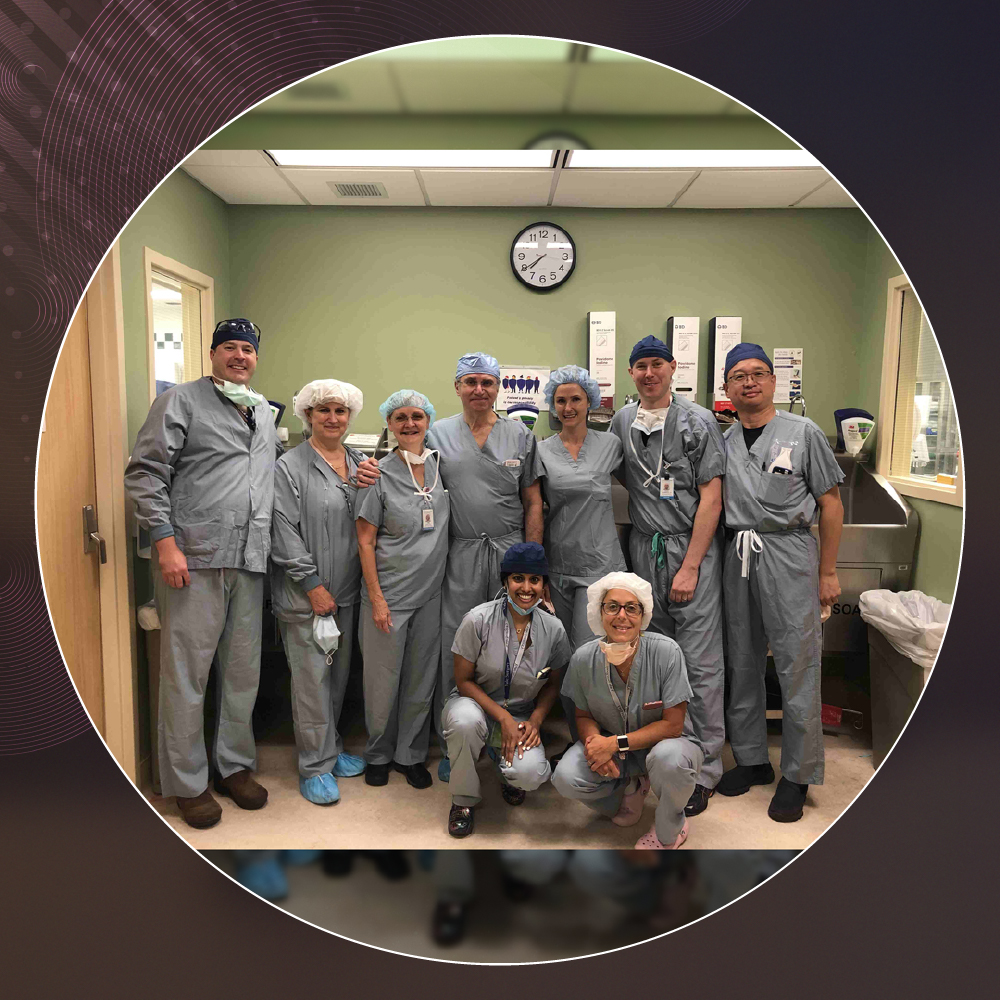
In a world where access to healthcare remains a privilege rather than a right for many, medical missions stand as beacons of hope. These missions, often undertaken by healthcare professionals and volunteers, play a crucial role in addressing the healthcare needs of underserved communities worldwide. In this article, we delve into the significance of medical missions in global health and explore how they contribute to empowering communities.
Addressing Healthcare Disparities
One of the primary objectives of medical missions is to bridge the gap in healthcare access between privileged and marginalized populations. In many parts of the world, particularly in low-income countries and remote rural areas, access to even basic healthcare services is severely limited or nonexistent. Medical missions step in to fill this void by providing essential medical care, preventive services, and health education to those who need it most.
Emergency Relief and Disaster Response
Medical missions are often at the forefront of emergency relief efforts in the aftermath of natural disasters, conflicts, and humanitarian crises. These missions deploy medical teams equipped with supplies and resources to provide immediate aid to affected populations. Whether it’s delivering emergency medical care, conducting surgeries, or distributing life-saving medications, these missions save countless lives in the critical hours and days following a disaster.
Promoting Preventive Healthcare
Preventive healthcare is paramount in improving health outcomes and reducing the burden of disease, especially in resource-limited settings. Medical missions play a crucial role in promoting preventive measures such as vaccinations, prenatal care, and disease screenings. By focusing on prevention, these missions not only address existing health issues but also work towards building healthier communities in the long term.
Capacity Building and Training
Sustainable healthcare solutions require more than just short-term interventions; they necessitate building local capacity and empowering healthcare providers within communities. Medical missions often incorporate training programs and knowledge-sharing initiatives aimed at empowering local healthcare workers with the skills and resources they need to address healthcare challenges independently. By investing in education and training, these missions leave a lasting impact that extends far beyond their temporary presence.
Cultural Competence and Respect
Effective healthcare delivery in diverse cultural contexts requires a deep understanding of local customs, beliefs, and practices. Medical missions emphasize cultural competence and respect for the communities they serve, recognizing that cultural sensitivity is essential for building trust and fostering meaningful relationships. By engaging with community members on their terms and respecting their cultural norms, medical missions can overcome barriers to healthcare access and deliver more effective care.
Challenges and Ethical Considerations
While medical missions play a vital role in advancing global health, they are not without challenges and ethical considerations. One common challenge is ensuring sustainability and continuity of care beyond the duration of the mission. Additionally, issues such as voluntourism, where short-term volunteers inadvertently perpetuate dependency rather than empower local communities, underscore the importance of ethical practices and long-term planning in medical missions.
Collaboration and Partnerships
Effective medical missions rely on collaboration and partnerships with local organizations, governments, and other stakeholders. By working together, these entities can leverage their respective strengths and resources to maximize impact and ensure sustainability. Collaboration also fosters mutual learning and exchange of best practices, ultimately leading to more efficient and effective healthcare delivery.
Medical missions play a crucial role in advancing global health by addressing healthcare disparities, providing emergency relief, promoting preventive healthcare, building local capacity, and fostering cultural competence and respect. While challenges and ethical considerations exist, collaboration and partnerships can help overcome these obstacles and ensure that medical missions continue to empower communities and improve health outcomes worldwide. As we look to the future, the importance of medical missions in achieving health equity and justice cannot be overstated.